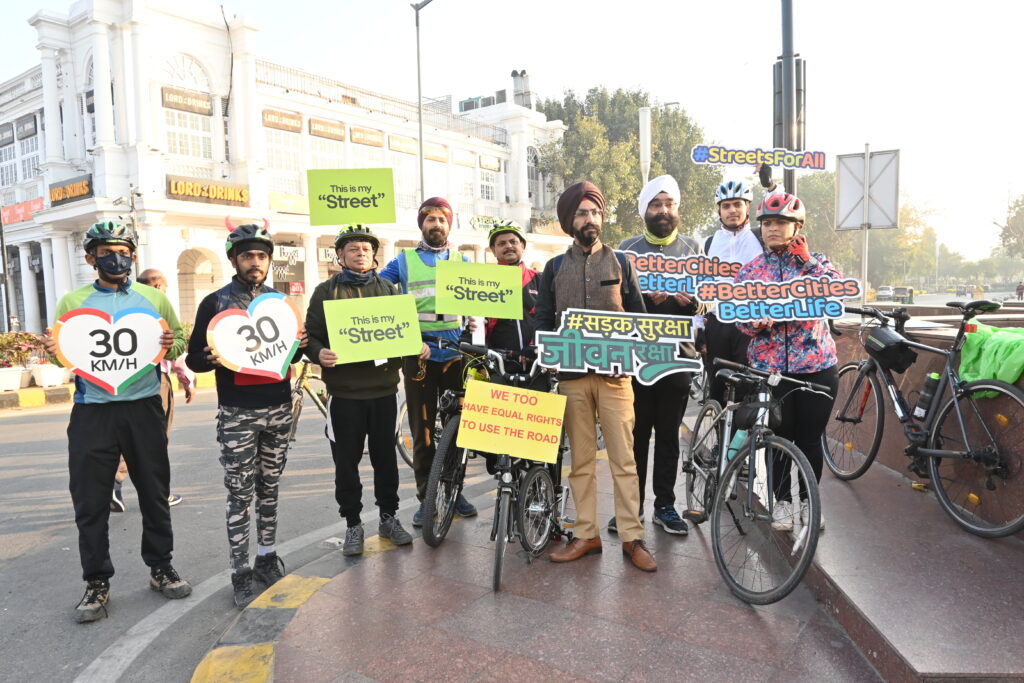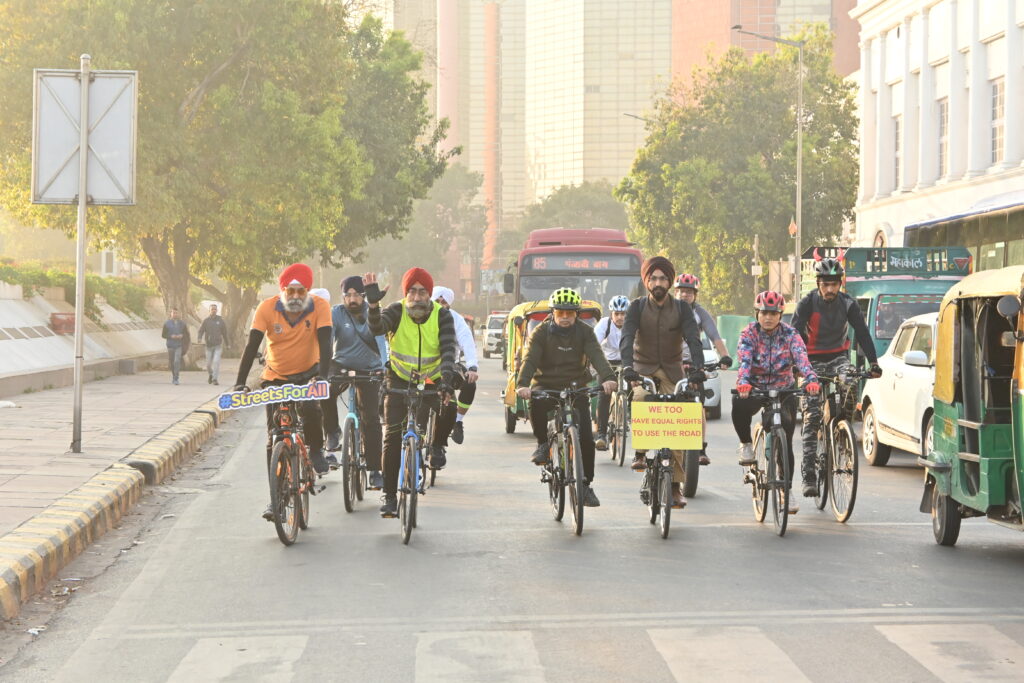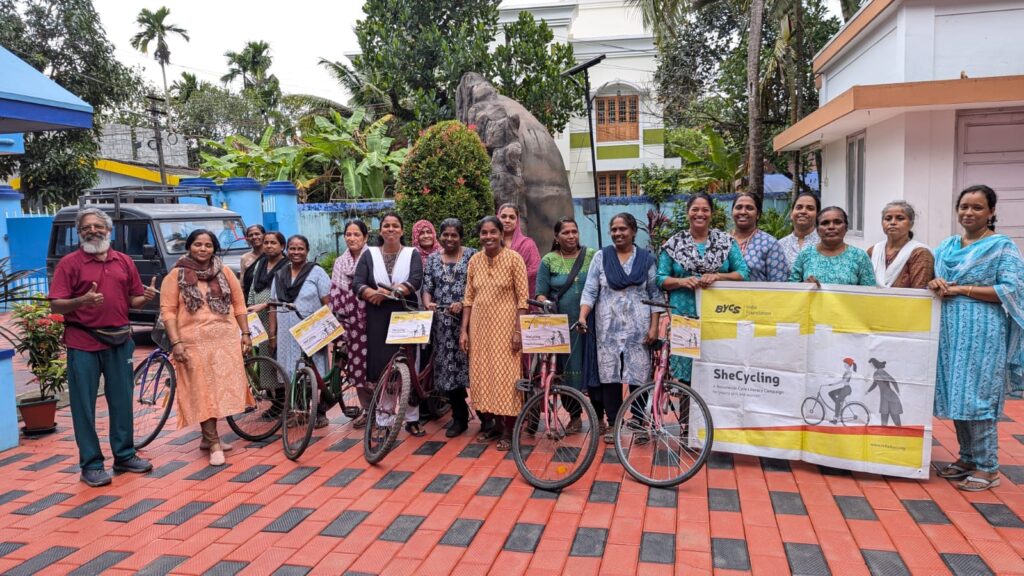India’s Cycling Paradox: Building a Nation of Cyclists
India’s cities must prioritize infrastructure and culture to unlock cycling’s true potential
India’s burgeoning cities, characterized by soaring skyscrapers and congested roads, present a stark contrast to the potential of cycling as a sustainable and efficient mode of transport. While the government’s initiatives to build dedicated cycle tracks are commendable, the reality is that these infrastructure investments have not translated into a significant increase in cycling rates. This glaring paradox underscores the critical importance of ‘human infrastructure’ – the underlying factors that influence people’s decisions to cycle.
The emphasis on concrete jungles of cycle paths has often overshadowed the complex interplay of factors determining cycling behavior. Safety concerns remain a major deterrent. Despite dedicated cycle tracks, the sharing of roads with other vehicles, particularly heavy traffic, poses a significant risk to cyclists. This fear of accidents, coupled with a lack of enforcement of traffic rules, discourages many from cycling.

Furthermore, the lack of a strong cycling culture in India poses a formidable challenge.
Cycling is often stigmatized as a mode of transport for the economically disadvantaged.
This perception, coupled with a dearth of cycling education and awareness, hinders the adoption of cycling as a mainstream mode of transport. To truly unlock the potential of cycling, we must adopt a holistic approach that addresses both physical and human infrastructure.
Prioritizing safety through effective traffic management, creating dedicated and protected cycle lanes, and implementing strict enforcement of traffic rules are essential steps. However, investing in human infrastructure is equally important.
Cycling education should be integrated into school curricula, emphasizing road safety, traffic rules, and the benefits of cycling. Public awareness campaigns can help challenge stereotypes and promote cycling as a healthy, sustainable, and convenient mode of transport. Moreover, creating safe and accessible cycling spaces, such as cycle-friendly parks and recreational areas, can encourage people to embrace cycling as a leisure activity.

Beyond these measures, fostering a sense of community among cyclists is essential. Cycling clubs and groups can provide a platform for cyclists to share experiences, advocate for their rights, and build a supportive network. Bike-sharing systems can also play a crucial role in increasing accessibility and encouraging short-distance trips.
However, the challenges are multifaceted. The success of cycling in cities like Amsterdam or Copenhagen is attributed to factors such as compact urban design, low population density, and a strong public transportation system.
India’s urban landscape presents a different set of challenges, including sprawling cities, traffic congestion, and inadequate public transport.
The success story of India’s schoolgirls, who have witnessed a significant increase in cycling due to government-provided bicycles, is a testament to the transformative power of this mode of transport. However, replicating this success in urban areas requires a more concerted effort. This includes investing in public transportation to reduce car dependency, implementing urban planning strategies that prioritize cycling and walking, and providing incentives for cycling to work. Additionally, governments can play a crucial role through policies and regulations that support cycling.

The journey towards a cycling-friendly India is not without its hurdles. But by investing in both physical and human infrastructure, we can create a sustainable and equitable transportation system. The potential benefits are immense, from improved public health to reduced air pollution and traffic congestion. It is time to shift gears and prioritize cycling as a viable and desirable mode of transport.
